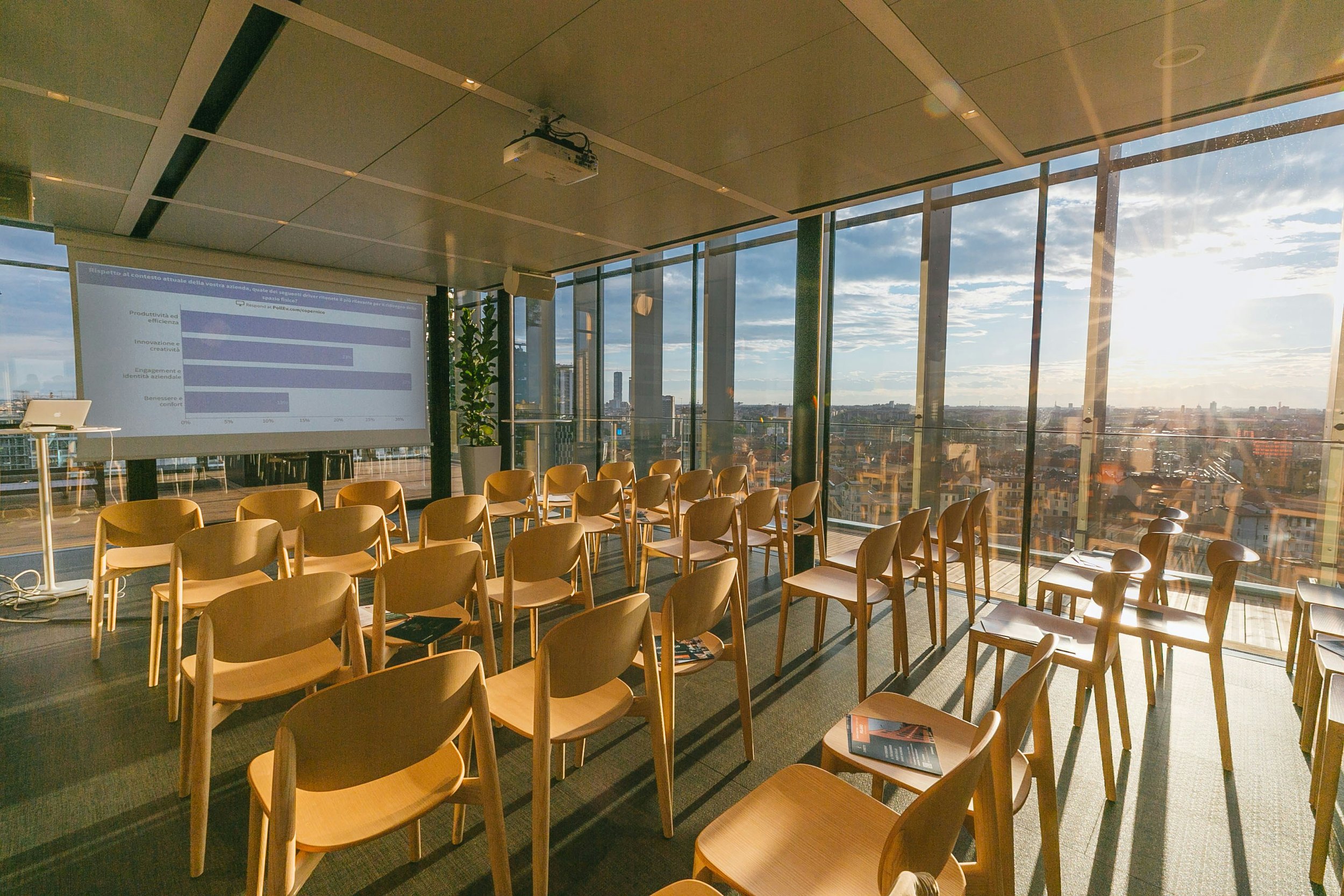Our Work
Our work showcases the research and insights of our remarkable community. Share your work with ASO by collaborating here. Subscribe to our free newsletter by clicking here.

How Alexander Technique lessons can help family carers - Part II
In the second part of this two-part series, Monika Gross elaborates on communicating research findings into how Alexander Technique lessons can assist caregivers for individuals living with Parkinson’s, Dementia, and other medical conditions. Additionally, a copy of a podium presentation delivered at the 2023 European Alzheimer’s Conference is provided.

Partnering with Poise – Research into how Alexander Technique lessons can help family carers
In this 39th edition, we delve into new research on how Alexander Technique (AT) lessons can help people who are a Care Giver or Care Partner for someone living with Parkinson’s, Dementia or other medical conditions. Monika Gross from The Poise Project shares insights from recent research undertaken with the University of Idaho on both in-person and online AT courses. This first part of a two-part series outlines the research background, significant outcomes, and the real need for AT to support carers in this field.

Restoring carers to themselves through the Alexander Technique
In this video, Charlotte Woods and Lesley Glover from ASO discuss an article co-authored with dementia expert Emma Wolverson, that explores how the Alexander Technique, even when learned for unrelated reasons, can unexpectedly improve one's ability to provide care. They touch on the embodied nature of caring, interoception and autonomy, "self-loss" among carers, and conclude by discussing implications for academics and the Alexander community.

‘What on earth do we do with this data?’ Two experiences of writing up research for publication
This post introduces two new research articles based on the same data set but which adopted quite different approaches to writing up for publication. The papers are titled: Extending understanding of ‘care’ as an embodied phenomenon: Alexander Technique teacher perspectives on restoring carers to themselves, and ‘I am teaching them and they are teaching me’: Experiences of teaching Alexander Technique to people with dementia.

Learning from People Living with Parkinson’s Disease: Ten tips from the field
In this 4th edition of the ASO newsletter, we have another piece written specifically for the ASO Community, this time by Glenna Batson ScD, PT, MA, mAmSAT, ISATT. In the post below, Glenna shares her experiences of working with people living with Parkinson’s disease, taking us through her initial trepidation and how she found her way. She offers tips for teachers working with people living with Parkinson’s that arose from applying her knowledge and experience from her own research background and from working with people with various neurological challenges.

Pt. II of Supporting People with Dementia: a Role for Alexander Technique Teachers?
Part II of the ASO researcher interview series includes all five videos released during the period of December 2020 to early January 2021. These videos explore the process and results of a survey of Alexander Technique teachers about teaching people with dementia, provide an update on the ASO dementia theme, and finish with a live Q&A that took place on January 19th, 2021.
Categories
Tag Cloud
- 2023
- aging
- Alexander Technique and Pain
- Alexander Technique Literature
- Annual review
- Annual review 2024
- ATEAM Trial
- ATLAS Trial
- Back Pain
- Back pain
- books
- Books
- Breathing
- Caregivers
- chronic pain
- compassion
- Curriculum
- Dance
- Dementia
- Disciplined Inquiry
- Education
- Embodiment
- Gender
- Health Outcomes
- interviews
- Lived experience
- Motor Control
- Muscle Tone
- Musicians
- Neck Pain
- Neuroscience
- Opera
- outcome measures
- Pain management
- pain research
- Parkinson's Disease
- Performing arts
- Pilot Study
- podcast
- poise
- Postpartum
- Posture
- Scientific Research
- Self-care
- Self-confidence
- Self-efficacy
- self-report measures
- Spirituality
- Teacher Training
- Teaching
- Theoretical Research
- Voice
- Wellness
- Women